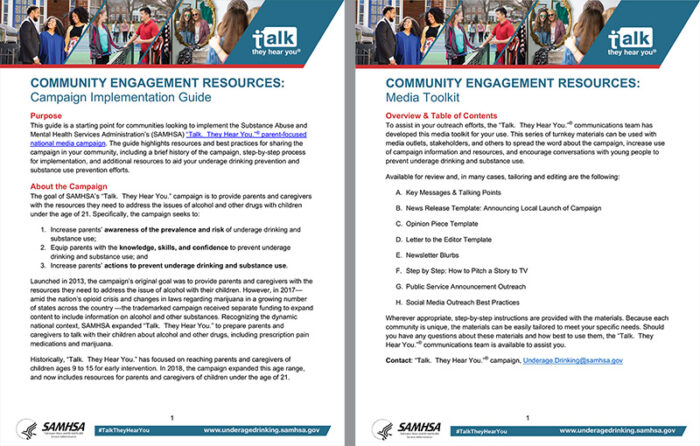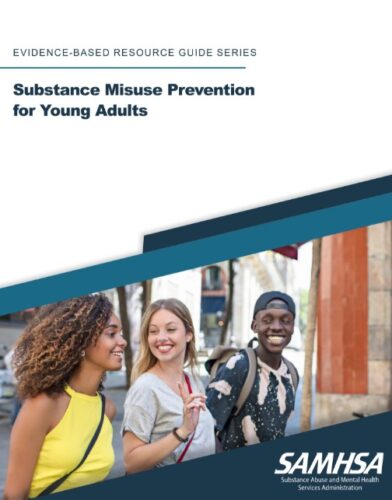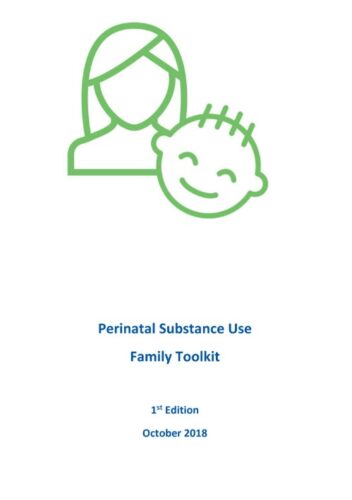Overseeing Patient Self-Administered Medications
Sample policy and procedure for overseeing patient self-administered medications.
Behavioral Health Services, Inc.
Subject: Residential SUD Treatment Policy#: 4.11.6.5
Title: Incidental Medical Services - Overseeing Patient Self-Administered Medications
Effective Date: January 21, 2018
POLICY:
BHS residential treatment facilities that are licensed by DHCS shall provide IMS – Overseeing patient self-administered medications with approval of DHCS. DHCS-licensed BHS residential treatment facilities shall have and follow written protocol and procedures in accordance with relevant Health and Safety codes and other regulatory requirements for the implementation of
approved IMS – Overseeing patient self-administered medications in their facilities.
PROCEDURES:
Medications
Who determines which medications are required for resident – The physician advises and makes recommendations to any resident regarding prescribed or over-the- counter medication during the initial assessment in the physical exam room at the residential treatment facility. The physician will authorize any change in dosage or use of any over-the-counter medications for the patient while in residential treatment.
How are medications prescribed – The physician provides a written prescription to the resident, who will then obtain the prescription from his/her local pharmacy.
Who prescribes medications - The facility physician prescribes medication for the
resident, as needed, based on the physical exam and evaluation of health status. The
resident’s primary care physician may also prescribe medications for the resident that
the resident may bring to and self-administer at the facility.
How are prescribed medications obtained - A registered or certified SUD counselor assists the resident in obtaining an un-filled prescription through his/her insurance and
local pharmacy.
What types of medications are allowable – Prescription and over-the-counter medications are allowed at the facility.
o Prescription medications kept at the facility must be upon the order of a person
lawfully authorized to write a prescription.
o Over-the-counter medications kept at the facility include only those authorized by
the facility physician and may include the following:
Non-narcotic pain relievers
Antidiarrheal and medicine for stomach upset
Cold and cough medicine
Documentation of resident medications – Resident medications and their self administration are documented on a Medication Self-Administration log for each medication, including prescription or over-the-counter, that the patient is taking while at
the residential facility. The logs are maintained in the medication area where the
medicines are stored. When the medication is completed, the registered or certified SUD counselor, MA or LVN will file the medication log in the patient’s file.
Where are medications stored – All medicines are stored in a safe and effective
manner which maintains the integrity and potency of the medication, in accordance with
labeling instructions. All medicines will be stored in the medication area at the facility.
The medication area is locked and may include a locked cupboard, cabinet, closet,
drawer or room, depending on the facility, and is only accessible to authorized staff of
the facility, which includes any staff member as outlined in this policy who is involved in
the overseeing of patient self-administration of medication or testing. Drugs will not be
stored in a space where food or other household items, such as disinfectants, or
cleansers, are kept.
How are medications kept secure - All drugs stored in the BHS Residential Treatment
facilities are properly and effectively secured to prevent unauthorized or unlawful access.
The following procedures will prevent unauthorized or unlawful access to medications:
o Prescription pads will be in the possession of the licensed physician and shall not be left, even temporarily, in any patient areas of the facility. When not in the possession of the licensed physician, prescription pads will be stored in the specifically designated medication area, which may be a locked patient medication cupboard, cabinet, closet or drawer, depending on the facility.
o The designated patient medication storage cupboard, cabinet, closet or drawer will be kept locked at all times. Access to the medication storage will be limited to authorized staff members who have been trained in procedures for overseeing patient self-administration of medications, including registered or certified SUD counselors, MAs or LVNs, depending on facility staffing. Unauthorized access to medications will lead to disciplinary action.
o An inventory of patient medication in the storage area will be maintained, using
the Medication Self-Administration Log for each patient, and a Medication Inventory & Disposal Log. The Medication Inventory & Disposal Log will record the name of the patient(s) whose medications are stored at the facility; name of each medication; date of initial storage of each medication; date of disposal or removal of each medication from the facility (i.e. when a patient discharges).
o The medication storage area will be audited at least monthly by a staff member (e.g. registered or certified SUD counselor, MA or LVN) assigned by the Program Director to assure that no expired medications are on hand, that medications prescribed for discharged patients have been removed from the medication area, and that stocks of over-the-counter medications are adequate and there is no evidence of missing medications.
o A staff member (e.g. registered or certified SUD counselor, MA or LVN) will be
assigned by the Program Director to conduct daily (or other frequency as
determined by the medication instruction) counting and documentation of
inventory counts of medicines for which this may be required.
Destruction and documentation of unused medications – The registered or certified
SUD counselor who is handling the resident’s discharge from the facility will be
responsible for making sure the patient leaves with any of his/her unused medications.
If a resident leaves without his/her medications (e.g. for an unplanned discharge,
AWOL), the registered or certified SUD counselor will attempt to contact the patient to pick up his/her medications.
The registered or certified SUD counselor, MA or LVN who is assigned by the Program
Director to conduct the monthly audit of the med room will dispose of any unused
medications by placing the medications in a bio-hazardous waste disposal container, for
scheduled pick up by the bio-hazardous waste disposal company. Pick-up is scheduled
at least quarterly, however, a registered or certified SUD Counselor, MA, LVN or
Program Director may schedule a pick-up when the bio-hazardous waste container is
over half full. The registered or certified SUD counselor, MA or LVN documents
medications that are disposed of on the Centrally Stored Medication Inventory &
Disposal Log, which includes, the name of the resident, prescription number and name
of pharmacy, name of physician, drug name strength and quantity destroyed and date of
destruction. Another adult staff member shall witness the disposal. Both staff members
shall sign the Log which is retained for at least one year in the medication area at the
facility.
Overseeing Patient Self-Administered Medications
Description of process - During the admission process, patients with prescription or over-the-counter medications will turn the medication over to their registered or certified SUD counselor, MA or the LVN (depending on staffing at facility) for safe storage. The registered or certified SUD Counselor, MA or LVN will complete a Medication Self- Administration Log for each of the resident’s medications. The Medication Self- Administration Log includes all information about the medication, including patient name, prescribing doctor’s name and phone number, medication name, prescription #, quantity, dose, route, strength, expiration date, date filled, pharmacy, # of refills, frequency and instructions.
During scheduled “med line” times throughout the day, residents who have medications to self-administer will go to the medication area of the facility. A trained staff member, which includes a registered or certified SUD counselor, MA or LVN, based on the staffing at the facility, will oversee the patient’s self-administration of his/her
medication(s).
Overseeing patient self- administration of medication is limited to the following:
o Removing the container in which the patient’s medications are stored from the
lockable cabinet or drawer.
o Verifying the identity of the patient and handing the container to the patient.
o Observing the patient self-administer his/her medication.
o Immediately reporting any unusual signs, symptoms or actions that were observed by staff or reported by the patient to a licensed nurse or physician.
o Retrieving the container of medication in which the patient’s medications are stored from the patient and returning the container to the lockable cabinet or drawer.
o Noting the date and time of administration of the medication on the Medication Self-administration Log (Form 34-024) and initialing the entry.
Refusal to take medications - It is each patient’s responsibility in Residential SUD
treatment to self-administer authorized medication in the prescribed dosage, at the
prescribed time(s). If the staff member (i.e. registered or certified SUD counselor, MA or
LVN) who is overseeing patient self-administration observes that a patient has not taken their prescribed medication in accordance with instructions, that staff member will notify the patient’s primary counselor or alternate counselor if the primary counselor is not available. The notified counselor will do the following:
o Remind the patient of the importance of taking their prescribed medications as
instructed by the prescriber. If the patient wishes to alter the medication dosage
or instructions, he/she will be instructed to get authorization in writing from the
prescribing physician.
o Write a progress note in the patient’s record to document the counselor’s interaction(s) with the patient regarding medication compliance.
o Consult with the Program Director immediately after completion of “med line”
duties, to determine if any further action is indicated.
Related Posts
Community Engagement Resources
Various tools and documents that will support SUD providers with proper languages, media involvement, and overall techniques to use when engaging with the community.
Substance Misuse Prevention for Young Adults
This guide discusses effective prevention practices to mitigate risk factors associated with substance misuse and promote protective factors among: all young adults generally; young adults at significantly higher risk for substance misuse; and young adults who are not diagnosed with a SUD but are engaging in substance misuse.
Perinatal Substance Use: Family Toolkit
This booklet provides tools you need to be as healthy as you can be during pregnancy, whether or not you decide to stop using.


